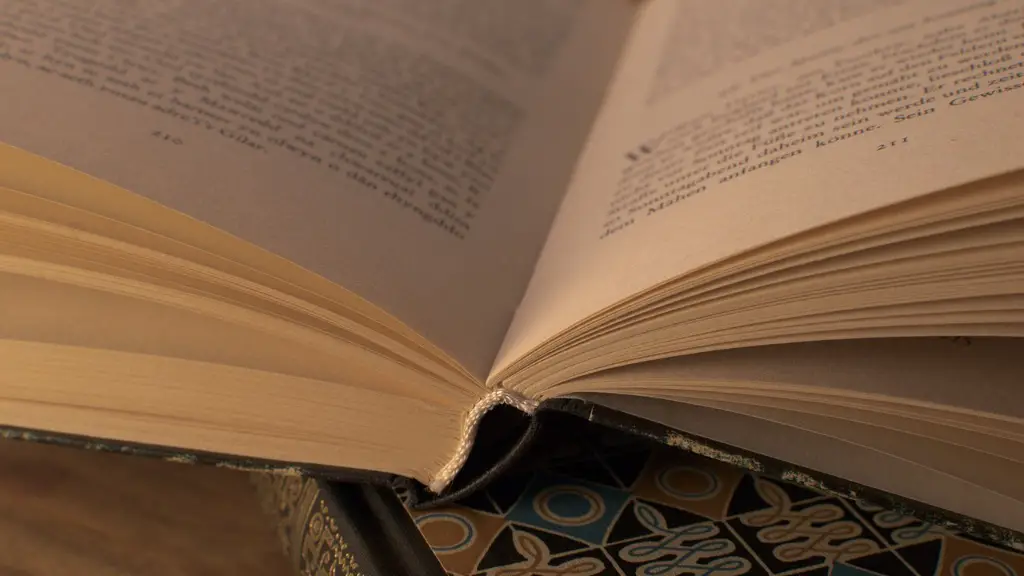The literary importance of Walt Whitman is well known, but there is much more to his work than that. Whitman’s philosophy was a way of life and he put it into his poetry in a radical way. He was a radical for his time and his influence can still be felt today. His works are an inspiration to those who are struggling against a status quo or unjust laws. He was a humanist and a poet of great courage who wrote of freedom and justice in a time of turmoil.
Walt Whitman’s poetry created a new category of literature known as free verse. He was the first writer to attempt to bring aspects of rhythm and rhyme into poetry without relying on the traditional conventions of meter and set rhyme schemes. He also included elements of democracy and justice in his works, making his writing revolutionary for its time. His works also included themes of humanism, equality, and freedom, topics that were often ignored in other literary works of the 19th century.
His influence has been felt around the world, often inspiring some of the greatest writers of our time. His works has been the inspiration for some of the greatest literature of our time and has been studied in classrooms and institutions all over the world. His works were so popular even in his own time, that his poetry has been translated into many languages and form the basis for some of the greatest works of literature in those languages.
In addition to his works, much of what Whitman wrote still has relevance to this day. His writing often contained a message of non-conformity, living by one’s own conscience, and believing that the freedom to think and express oneself is essential to human progress. This message is even more potent now as the world has become increasingly divided by cultural, religious, and political differences.
His ideas and beliefs can be felt in many contemporary works, especially literature that deals with issues of social justice and equal rights. He was a passionate advocate of racial equality and believed that America should be a nation ‘of the people, by the people, and for the people’. His writing was ahead of its time in its discussion of civil rights and its criticisms of institutionalized racism.
These issues are still relevant today and his writings can be seen as a call to action, a call to think for oneself and to make sure one’s beliefs and actions are based on a set of morality that is centered around truth and justice. Through his writing, Whitman encouraged people to cultivate their own knowledge and to live by one’s own conscience. This was and still is a revolutionary concept.
Influence on Change
Walt Whitman’s influence can be seen in many movements for change that have sprung up in recent years. His works have often been cited by social justice activists, especially his works discussing civil rights and equality. His words have even been used to inspire those seeking to create a more just and equitable society, showing the power of words to bring about change.
The legacy of Walt Whitman’s words offers proof of the power of language to shape society and bring about meaningful change. His words remind us that no matter what our beliefs are, we must be willing to fight for what is right and not be complacent in the face of injustice.
Legacy of Courage
Walt Whitman’s works are a reminder of the courage needed to stand up against an unjust system. His works resonated with many because of the themes of individual freedom and justice that were woven throughout. He was an advocate for the less privileged, the oppressed, and the socially excluded.
His works cultivated a new way of thinking and shaped the thoughts of many people who were trying to create a more equal and just society. We can all learn from the courage and conviction of Whitman’s words and use our own strength of will to stand up for what is right.
Influence on Language
Walt Whitman’s influence also extended to the development of language. Many of his words and phrases can still be heard in everyday language. His works also expanded what was considered to be poetic by changing the traditional conventions of meter and rhyme. His works can be seen as a bridge between the classical and the modern, between the traditional and the avant-garde.
Whitman’s works were revolutionary for their time and paved the way for modern literature and poetry. His works have been studied and emulated by many writers and have become part of the canon of great literature.
His Lasting Influence
Walt Whitman’s influence can still be seen in our times. His works have been translated, adapted, and interpreted in countless ways. He was a poet of courage and a philosopher of liberty who wrote of the freedom of the mind and the importance of self-expression.
As an icon of individual courage and free thought, he continues to inspire generations of writers to create works of social justice and freedom that transcend the boundaries of time and place. It is here, within his words adopted by future generations, that we can find his lasting legacy.
His Impact on Writing
In addition to his influence on language, Walt Whitman also changed how writing was perceived and the possibilities for language and literature. His works were a beacon of freedom of thought, creativity and originality, challenging traditional conventions. His works are a reminder that writing can be both powerful and revolutionary.
The originality and creative power of Whitman’s writing continue to shape the way we approach writing today. His works can be seen as a source of inspiration and a call to greatness. By embracing the power of his words, we can find new ways to write and to speak.
Conclusion of His Legacy
It is impossible to overstate the influence of Walt Whitman on literature and language. His works are a testament to courage and truth, a call for people to think for themselves and to use their own voices to speak out for justice. His works have endured and will continue to be relevant for generations to come. His legacy will live on in the hearts and minds of all who have the courage to find their own voices.




